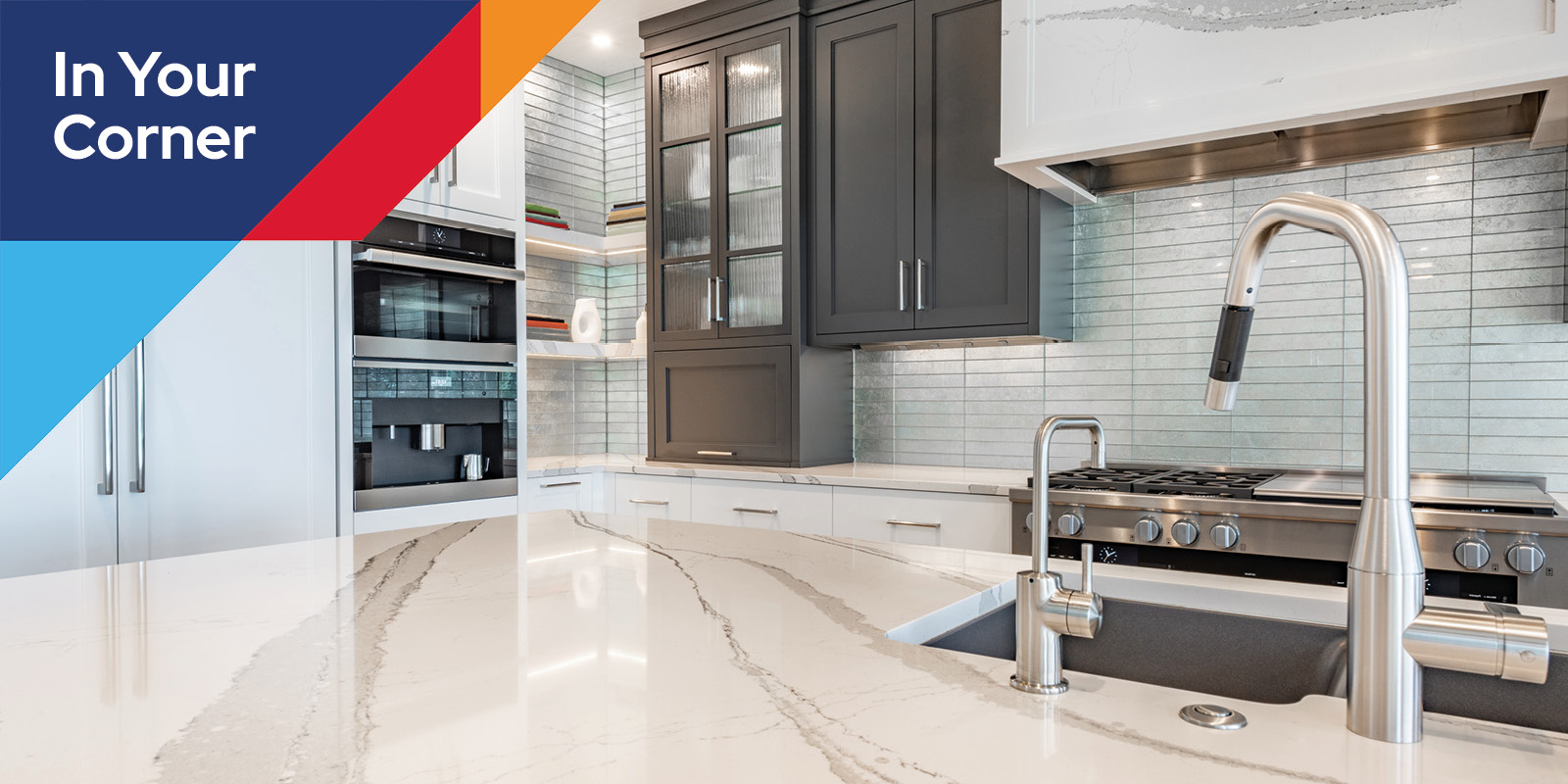Questions to Ask Yourself Before Deciding Between Renovating or Selling
Torn between renovating or selling your home? When considering which option is best for you and your family, here are some things you should consider before making your decision.
What are you looking for? Some renovations might simply not be possible in your current home. For example, maybe you need a bigger kitchen or an extra bedroom but don’t have the space to create an addition. Be realistic about what you can and can’t do.
Which costs more? This may seem straightforward, but there are a lot of factors involved in figuring out whether renovating is more expensive than selling (or vice versa). You’ll need to consider the current state of the market, the specifics of your mortgage and how much available cash or credit you have toward making updates (or potentially updating a new home).
How emotionally invested are you in your current home? Perhaps your house holds a lot of important memories, and it’s worth the stress and expense of renovating in order to stay in the same space. Or maybe you’re ready to create new memories elsewhere and are willing to forego any attachment you might have
for your current home. Have a discussion with everyone who lives with you, so that you can come to a consensus.
Renovating – Low ROI Upgrades That Don’t Increase a Home’s Sales Price
When renovating, some home upgrades don’t translate into higher property values. Here are some low-ROI (return on investment) renovations, as well as some tips for choosing cheap upgrades to increase home value.
High-End Landscaping: While a well-maintained yard can increase the curb appeal of a home, elaborate landscaping may not add much value to the property. In some cases, it can even turn off potential buyers who want to avoid the cost and time required for upkeep.
Swimming Pool: This is one of the few upgrades that can actually make your home harder to sell. Many buyers see swimming pools as liabilities due to maintenance and safety concerns.
Expensive Light Fixtures: Upgrading light fixtures can improve the look and feel of a home, but expensive fixtures may not necessarily increase property value. In some cases, buyers may even prefer to replace these fixtures with their own style.
Selling – How to Minimize Costs When Making Repairs to Buyers
If you’re selling your home, home inspections are part of that process. In some cases, that might involve making some concessions to prospective buyers. Let’s talk a little bit about these seller concessions and how you can manage the costs associated with them – particularly with regard to home repairs.
What are seller concessions? Seller concessions are closing-related costs that sellers agree to pay buyers who purchase their home. These costs can cover anything from appraisal and inspection fees to title insurance and even advanced payment of property taxes.
How are these concessions made? Seller concessions can also take the form of funds that sellers provide buyers to cover the cost of necessary repairs. Say, for example, a home inspection uncovers some issues with your plumbing. The buyer may ask you to:
- Lower the buying price so that they can make the fixes themselves
- Provide them with funds (referred to as “sellers credits” to use toward fixing the issue)
What if you have to make the repairs yourself? In some circumstances, the buyer might ask you to take care of the repairs before they finalize their purchase. If that’s the case, a smart way to minimize the costs associated with repair is to roll all of the fixes up into one job and assign it to one contractor.
Before making any big upgrades, talk to an experienced local real estate agent who can help you determine which improvements make the most sense. Whether you decide to renovate or sell, it’s important to consider how either will impact your personal financial investment and the home’s market value. At ERA First Advantage Realty, we know experience matters. Connect with a local ERA agent today!

 Facebook
Facebook
 X
X
 Pinterest
Pinterest
 Copy Link
Copy Link


